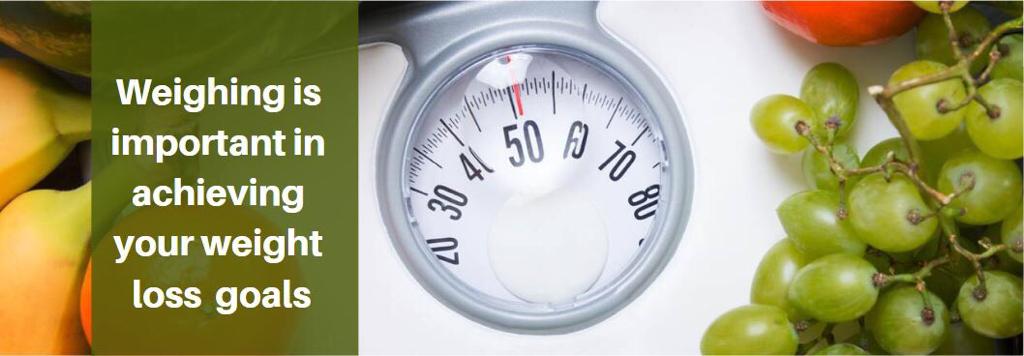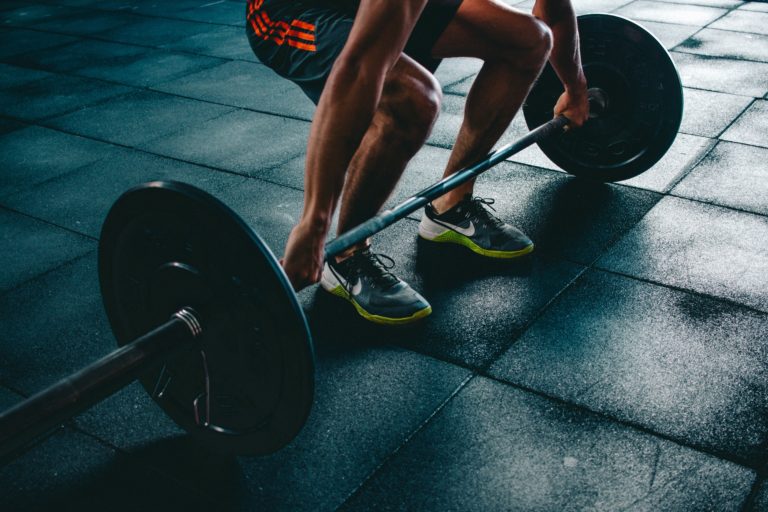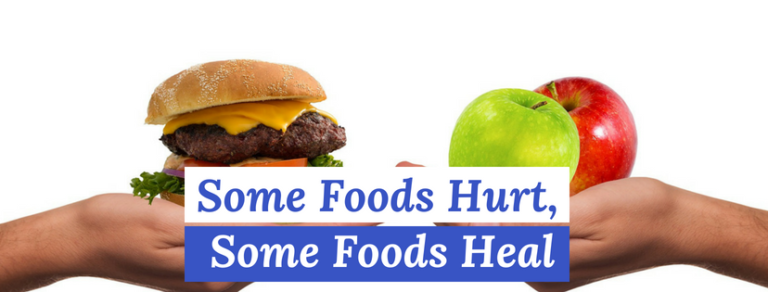YOUR BATHROOM SCALE IS A TOOL

WEIGHT gain and weight loss challenges, coupled with generations of misinformation and ignorance, have made the bathroom scale the most eschewed household device. Having once topped the 400-pound mark myself, I am very familiar with the feeling.
The truth is, your scale is simply a measuring instrument. It gives quantitative data that is a direct reflection of your physical state (weight), the consequences of your choices, the results of your behaviour, reactions, and lifestyle
You weight is a reflection of something happening in your body and your own actions.
This information is the easiest and cheapest medical test you can perform, if you are overweight:
• A 20 per cent decrease in weight is shown to reduce health risks.
• An increase in bodyweight indicates an increased risk of heart disease, stroke, joint and back pains, blindness, diabetes, and more.
• Conversely, a decrease in weight indicates a decreased risk of many ailments and an improvement in quality of life potentials.
Bodyweight (body fat level) is not some subjective life factor — something to find cute or repellant, to prefer or dislike, it is a clear and definable indicator on how ill or healthy you are likely to be, how much pain you are likely to experience, how physically capable you will remain, and how you are likely to die.
Should you weigh yourself?
The answer as it applies to most people is very simple — yes you should weigh. The principles are simple:
• There is a reason your doctor weighs you
The number on the scale is an invaluable indicator of health. Even if you believe that you have no overweight issues, weighing occasionally is still a good idea. Many illnesses are caught early through observing weight gain or loss.
• Catch fluctuations before you are too far gone
Most people who have lost weight regain two-thirds or more within two years. One, because they saw their diet as a part of a new sustainable lifestyle, and two, because they failed to enter a maintenance programme and created an instant disconnect from weighing — failing to catch smaller fluctuations before large discouraging regains are made.
• Best gauge of your choices
If your goal is to lose weight, checking your weight can give you the best, quickest idea of where your food choices, portions and eating times are leading you.
• Monitor changes with age
As most people age, the pounds will creep on, largely unnoticed at first. If you do not weigh, eventually you are older, heavier and at a compounded greater risk of several illnesses.
Is weighing for everyone?
Some personalities are not suited for regular weighing, certainly not while unsupported. Ignorance, obsessiveness, anxiety, and other similar issues can lead to mental obstacles, which will complicate self-perception, mood and more.
None of this decreases the usefulness of weighing, but care has to be taken that the bad does not outweigh the good. For these individuals, less frequent weighing, proper education and support may be recommended.
What you need to know
Use your scale, humans are horribly poor at self-evaluations, food portion estimates, body weight, food choices, clothing fit.
We are notorious liars and self-deceivers when these facts are brought into question. When using your scale, remember:
• If exact weight matters, purchase a digital scale, if not, an analogue scale will do;
• When possible, test the scale before purchasing, it should give at least three consistent readings in a row;
• Place your scale on a solid surface if it is available, at the very least on an even surface;
• Only weigh in the morning. Your weight changes by as much as five pounds throughout the day;
• Weigh after your first bathroom visit;
• Ensure that you are wearing minimum clothing or none at all when you weigh;
• Do not weigh after eating, showering, drinking, exercising, or swimming — each of these activities can change your reading by two to five pounds;
• Record your weight so you can recognise changes or trends;
• Maintaining a target mode weight range is more practical than an exact weight, and weekly averages are more important than the daily number.
You are not likely to gain four or eight pounds of fat in one day. There is a difference between body weight and fat content. Your bodyweight may increase overnight through menstruation changes, stress, water retention, sodium intake, carbohydrate intake, inflammation, so do not panic over short-term fluctuation, this is most often perfectly natural.







I have to start thinking about the scale as a friend and not the enemy.
True. It keeps you informed….